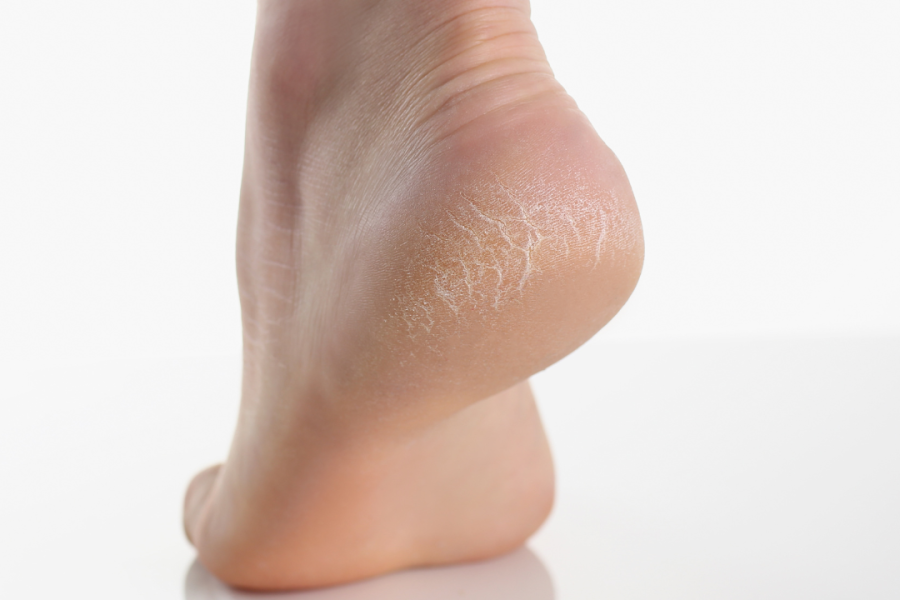
How To Care For Cracked Skin On Your Feet
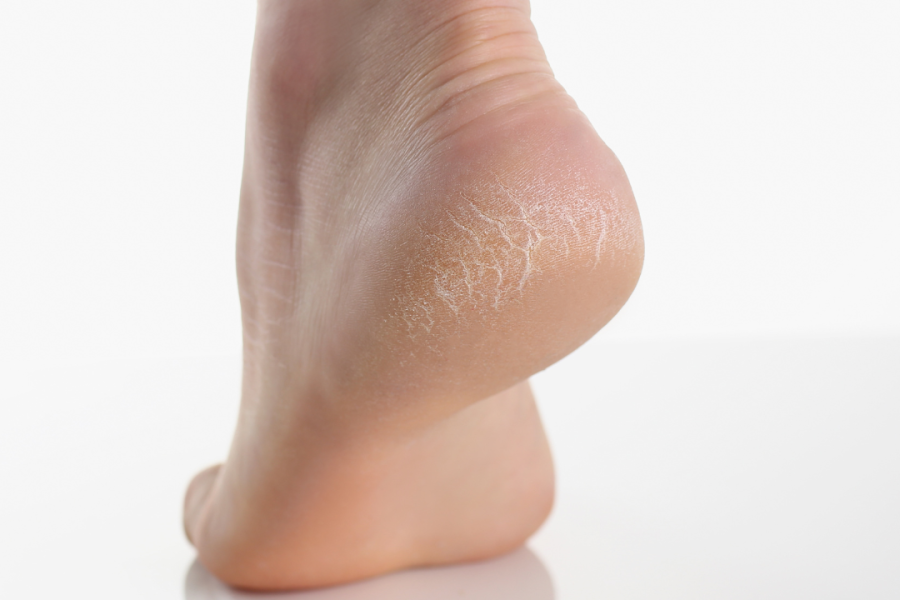
What causes cracked skin?
Cracked skin can happen when your skin barrier is compromised. Most commonly, symptoms of dry, extremely dry, inflamed and irritated skin will occur when your skin loses so much moisture that it starts to breaks down. Most people develop cracked skin on their hands, feet, heels and lips and this can be managed with home remedies like using George’s Special Dry Skin Cream daily. If your cracked skin is severe, or if you have any complications, it is best to make an appointment and see your doctor as soon as possible.
Dry skin:
Dry skin or xerosis is the most common cause of cracked skin. In smooth and hydrated skin, natural oils prevent the skin from drying out by retaining moisture. But if your skin does not have enough oil, it loses moisture. This makes your skin dry out and shrink, which can lead to cracking.
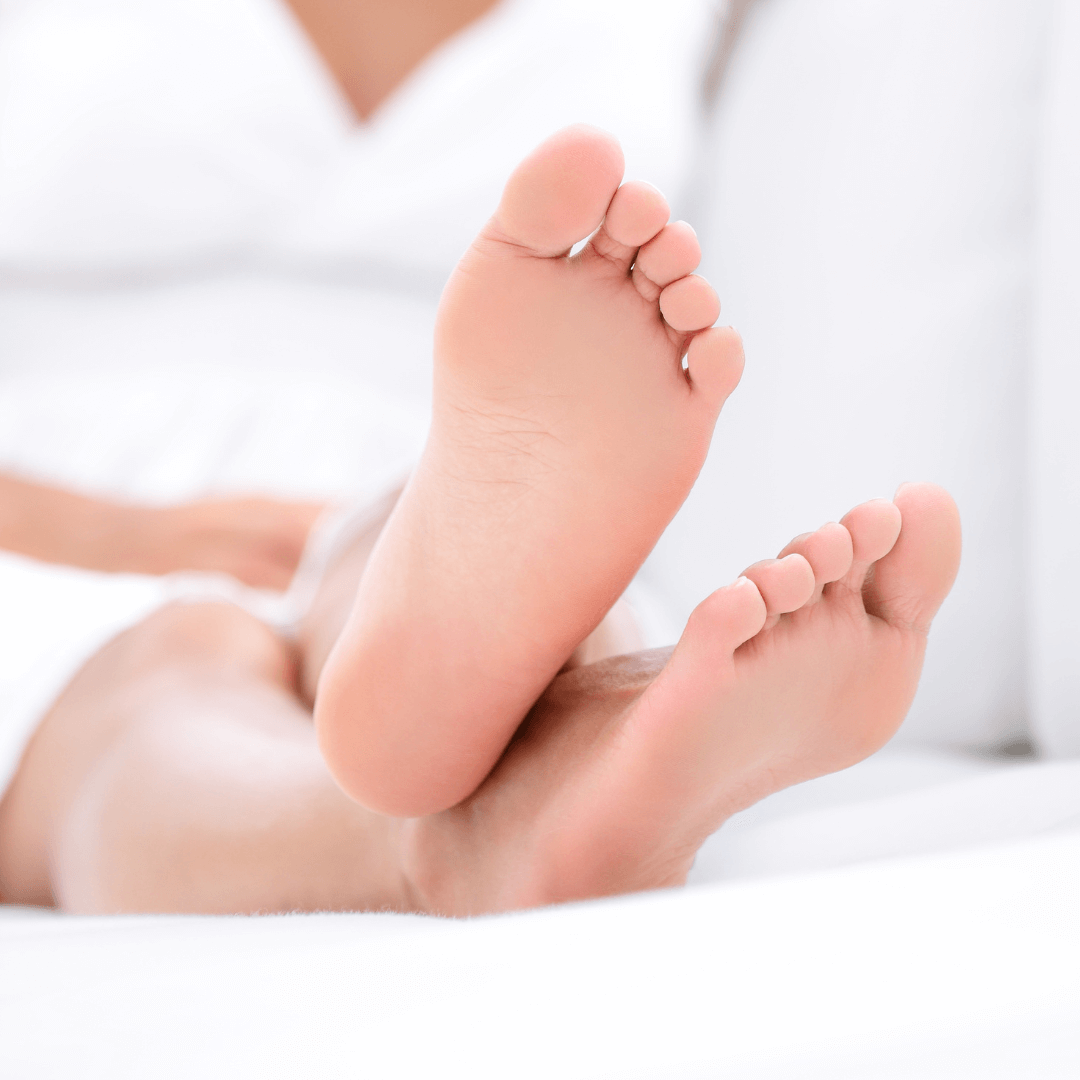
Dry skin may be caused:
Cold weather- In the winter, low humidity and temperature can dry out your skin. Indoor heating also decreases the humidity in your home. Dry climates and dry winter weather can create a condition called 'winter itch'.
Excess moisture- When your skin is constantly exposed to moisture, it can actually cause your skin to become irritated and dry out. This can happen to your feet after swimming a lot and/or wearing wet or sweaty socks for too long. This is because water is an irritant to the skin and is called tennis shoe dermatitis. Deep cracks are very painful and can bleed.
Genetics- Our genetics can also plays a role in dry skin and might be an underlying condition.
Keratosis Pilaris- Dry, rough, bumpy skin on the back of the upper arms. It’s made worse by harsh soaps.
Pityriasis Alba- Dry pale spots on the face. These are more prevalent in the winter time and are also made worse by harsh soaps.
Chemical irritants- Many products like dish soap and laundry detergent can contain harsh chemicals. These substances can damage your skin’s barrier and cause dryness.
Hot water- The hot water from showers or washing dishes can reduce your skin’s moisture.
Medication- Dryness may be a side effect of some drugs, like topical retinoids.
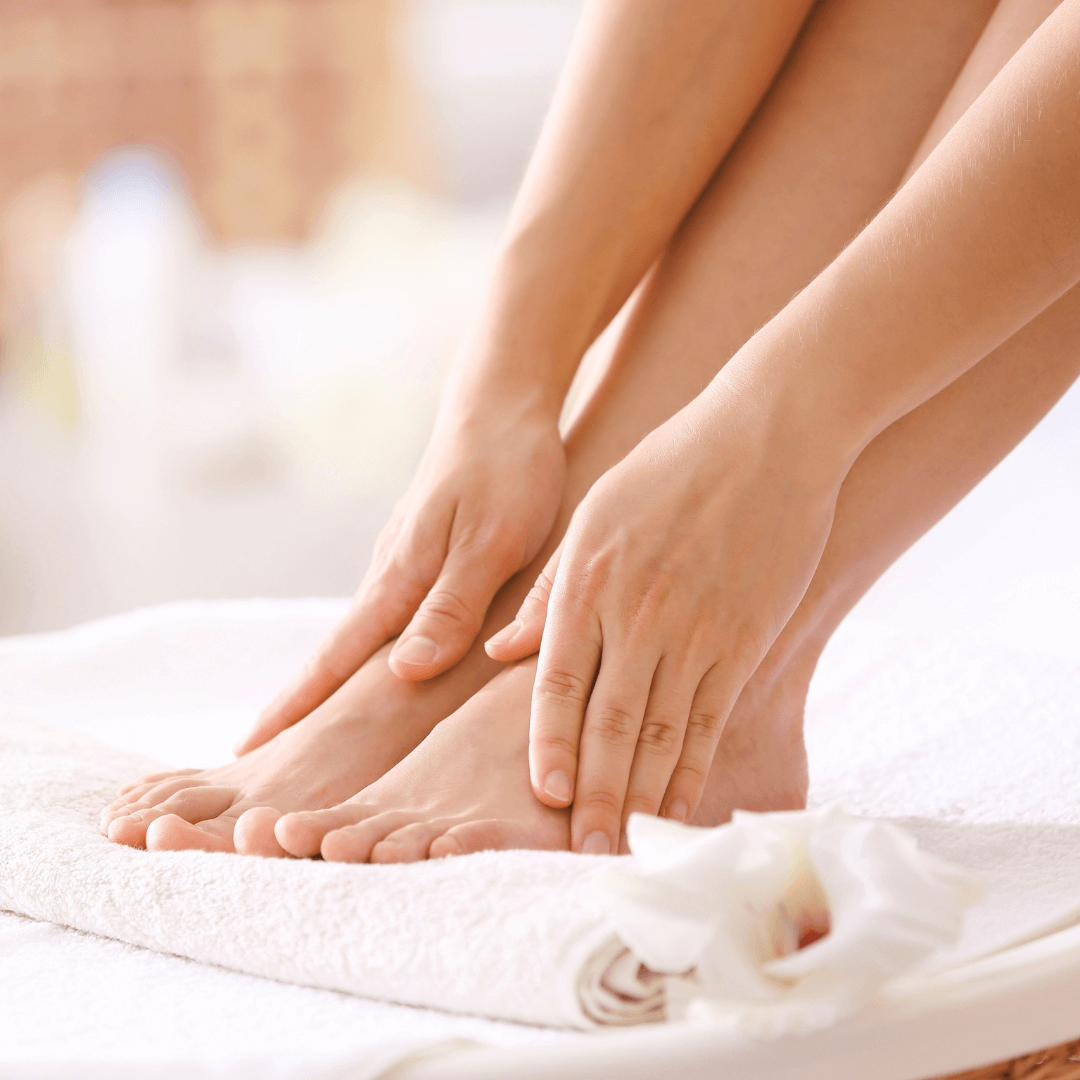
Complications of cracked skin:
If your cracked skin doesn’t get better with self-care or home remedies, it can lead to other problems. Possible complications include:
- Scarring
- Bacterial infections, like cellulitis
- Bleeding
- Deeper skin damage
- Pain while walking or standing
Preventing Dry Skin
- Avoid using harsh soaps or bubble bath products
- Limit exposure to swimming pool & hot tub chemicals
- Run a humidifier in the winter if the air is dry
- During cold weather, wear gloves outside
- This helps prevent drying of the skin
- Drink lots of fluids
Moisturizing Creams
Since dry skin can cause or worsen cracking, it is important to keep your skin well hydrated. You can do this by frequently applying an ultra hydrating and fragrance-free moisturizer like George’s Special Dry Skin Cream, recommended by physicians, pharmacists, caregivers and dermatologists.
Effective and easy-to use, George’s Cream is formulated to provide immediate long-lasting relief for dry and very dry skin by helping to retain moisture and restore your skin’s barrier to keep it hydrated and healthy-looking.
Apply the moisturizer on any dry or itchy area throughout the day, including immediately after bathing.
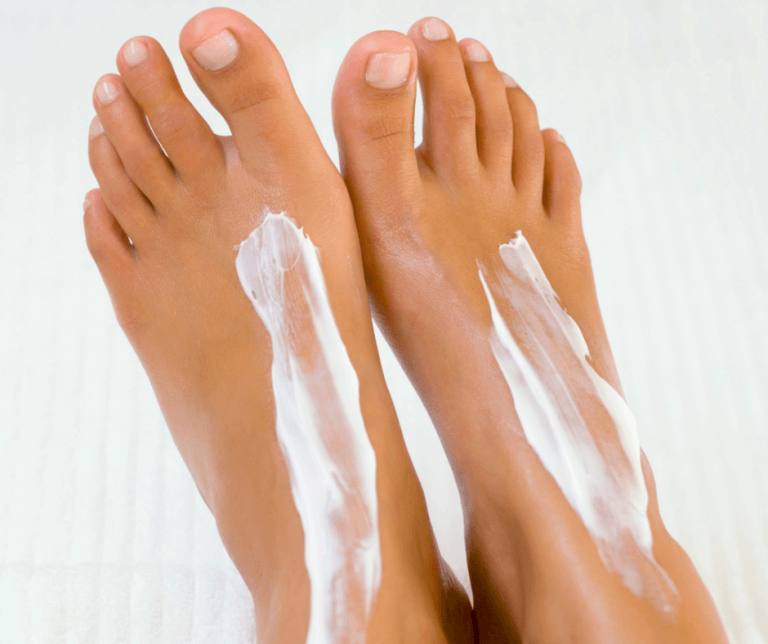
When to see a doctor:
You should also seek medical attention if you have cracked skin that is:
- Bleeding
- Filled with pus
- Becoming redder or more irritated
- Intensely itchy
- Accompanied with a fever and looks infected
- Cracked to the point where walking is painful
Mild cases of cracked skin can be treated at home. However, if your dry, cracked skin does not improve after 2 weeks of treatment, or if it gets worse and you are concerned, be sure to see your doctor.
*Disclaimer: George's Special Dry Skin Cream does not treat underlying skin conditions
